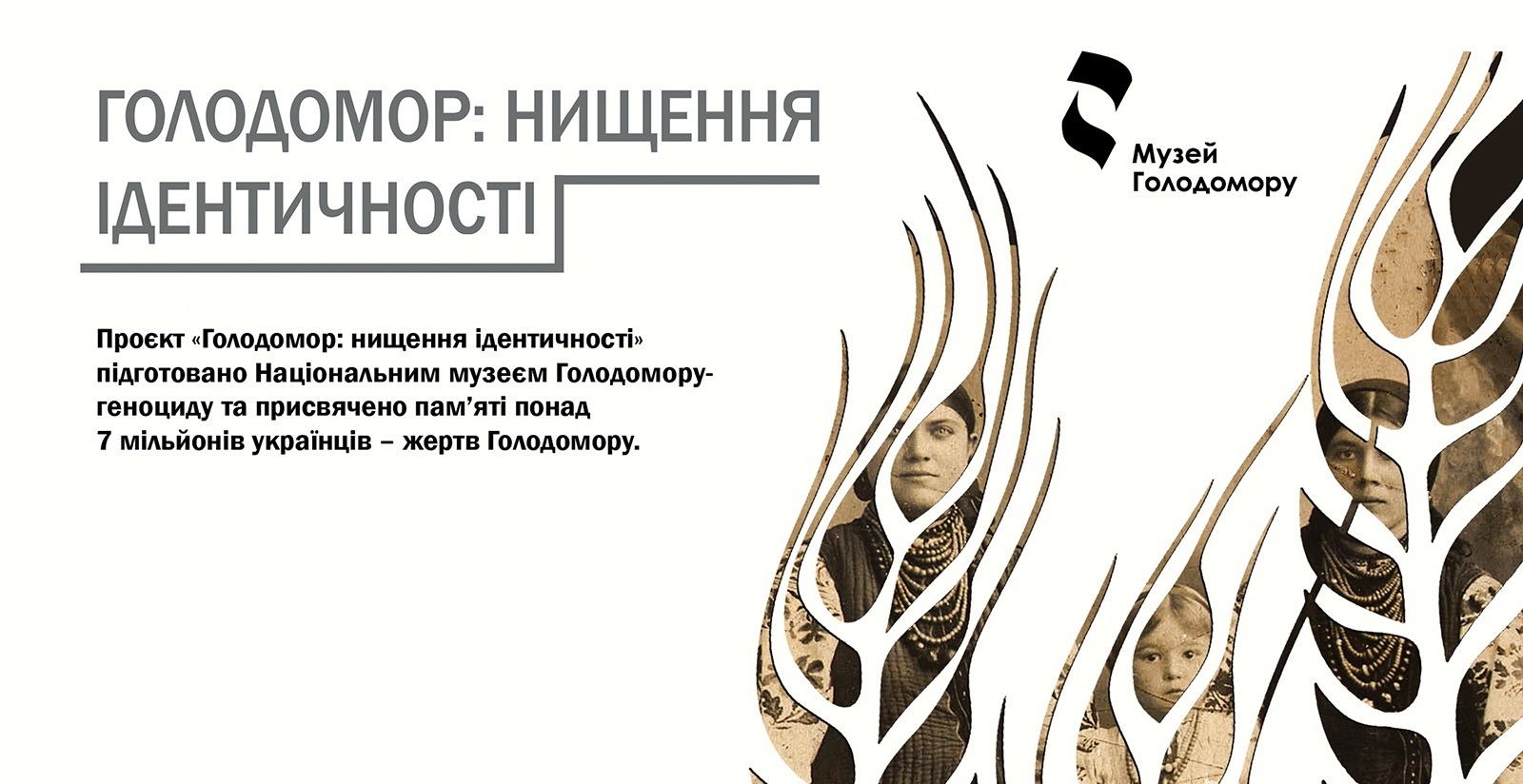Holodomor: Destruction of Identity
We, Ukrainians, are an autochthonous people on our land. We have our own language, culture and state. We have long been distinguished by a special character, based on a balance of rationality and emotion, a thirst for freedom and diligence. As a result of our state-building competition 100 years ago, the Ukrainian People’s Republic appeared on the world map.
But in 1932–1933, one of the greatest crimes in human history, the Holodomor genocide, was committed in Bolshevik-occupied Ukraine. The Ukrainian nation became the object of genocide. The main organizer of the crime, Joseph Stalin, aimed to prevent Ukraine from leaving the USSR.
The communist regime destroyed Ukrainian farmers who preserved traditions, language, and culture. The genocide was directed against the Ukrainian intelligentsia, the Ukrainian church, against every active Ukrainian. It consisted in the destruction of the Ukrainian nation as such through the physical murder of Ukrainians, the humiliation of the Ukrainian language and culture, the falsification of Ukrainian history, the liquidation of entire institutions and the erasure of the names of national heroes from the book of Ukraine.
The exhibition was created on the basis of the social information project of the museum and Kyiv Metro“Train of Ukrainian Identity”. The project was prepared for the 85th anniversary of the Holodomor and is dedicated to the memory of more than 7 million Ukrainians—victims of the genocide in Ukraine in 1932–1933. It was demonstrated in the Kyiv metro train from November 21 to December 11, 2018.
Idea belongs to Ph.D. Lesia Hasydzhak
Curators and authors of texts are Lesia Hasydzhak, Anna Sokyrina, Yana Grinko, Marta-Mariia Kostiv.
The authors of the concept are Lesia Hasydzhak and Yana Hrynko.
Designer is Lilia Chavaha.
Materials and consultants that helped us to create the project: Tetiana Pylypchuk (Kharkiv Literary Museum), Natalia Kondratenko and V. Krychevsky Poltava Regional Museum of Local Lore, Ivan Honchar Museum, Pedagogical Museum of Ukraine, National Museum of Medicine of Ukraine, Oleksandr Savlechuk, Iryna Mevchuk and the Museum of Theater, Music and Cinema of Ukraine, the Central State Archive-Museum of Literature and Art of Ukraine and the Pshenychnyi Central State Film and Photo Archive of Ukraine.
